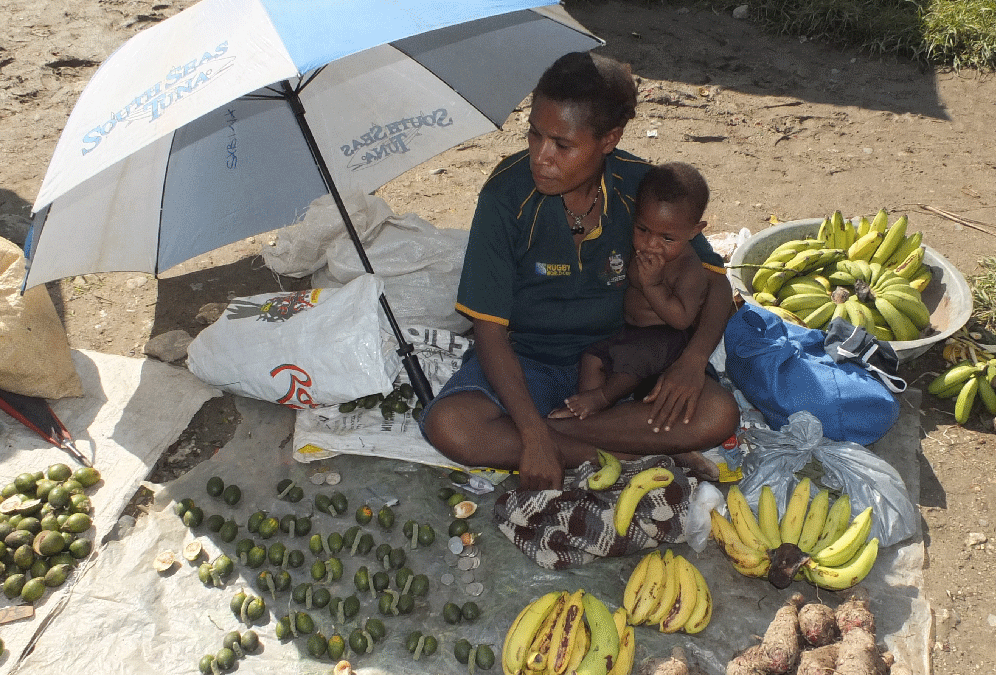Americans today are rightly concerned with highlight the importance of diversity. All ethnic groups should feel they have a valid voice on the global stage – that their experiences matter.
Ironically, the most diverse place on earth – Papua New Guinea – rarely figures into our conversations on diversity. Papua New Guinea or PNG is a complex nation of more than 750 languages and unique societies – more so than any other country – all striving to find their way amid globalization, all yearning to be heard by a largely uncaring world.
Most Americans still view PNG through the lens of old National Geographic magazines and too many sensationalist television programs. Savages. Cannibals. Unsophisticated, child-like folks frolicking in the rainforest or hacking each other with machetes in tribal warfare. PNG serves us well. Ecotourists, intrepid but foolish faux-explorers seeking the next so-called uncontacted tribe, and wealthy connoisseurs of primitive art all find the country alluring. But rarely do we try and understand the people as they truly are. For this, I’d suggest you visit Facebook rather than the Discovery channel.
PNG is also very much in the sights of multinational corporations that grossly exploit its rich natural resources. The country does not produce things so much as its rainforests, mountains, and oceans produce the stuff that are used to make all the things we in the industrialized world enjoy.
Americans know little about PNG. But our shopping habits very much impacts the lives of its 8,000,000 citizens. We consume the country’s coffee, cocoa, and copper, its tuna and timber, its oil, gold, vanilla, palm oil, and more. These raw materials largely flow to Australia, Japan, China, and Malaysia, where they are turned into myriad products that we Americans enjoy.
Of course, global inequality is such that the people of PNG are largely unable to afford any of the commercial products their resources make possible. (Rampant corruption by elected and appointed officials does not help.) The country ranks terribly low on all of the United Nations Development Indicators: health, education, income, employment, gender, and so forth.
That’s their problem, right? Not so.
The more we view PNG as a some sort of primitive place of simpletons, the more we make possible the continuous destruction of its land and waters by greedy corporations and its under-development by globalization that favors our wellbeing over theirs. Only by treating the people of PNG as equals – as people fully dwelling, like ourselves, in the modern world and fully entitled, again like ourselves, to all due rights and respect – will the country finally be able to shape its own destiny. Only then, and not before, can we look ourselves in the mirror and say that we truly care about diversity today.
Think about that next time you order a Starbucks Venti Iced Vanilla Bean Coconut milk Latte and plunk down more cash on the counter than most Papua New Guineans, even those who grew what you are sipping, earn in a day.

